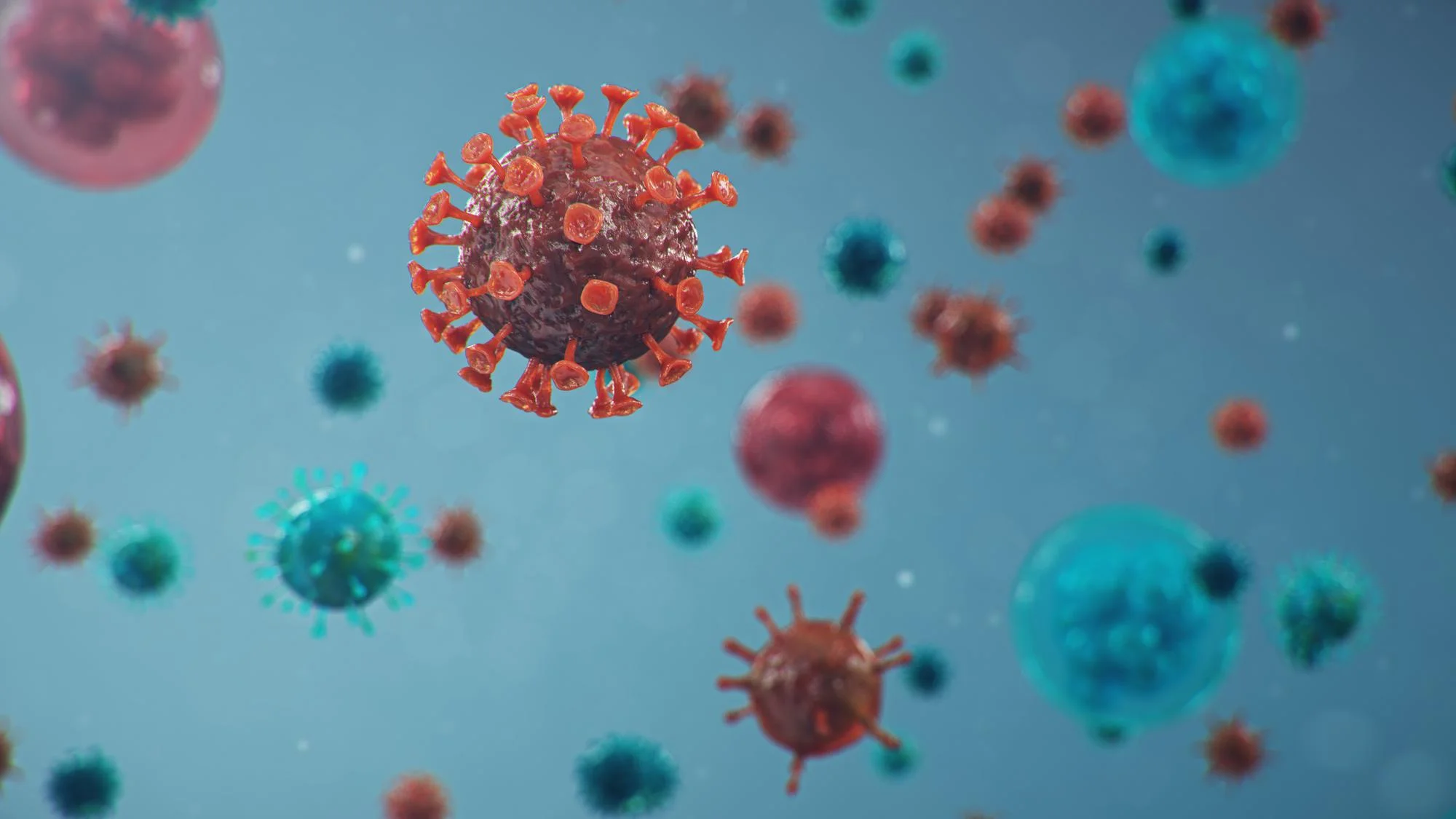Four years into the SARS-CoV-2 pandemic, researchers continue to confront the baffling and enduring aftermath of Long COVID, characterized by a spectrum of persistent symptoms that haunts patients long after the acute phase has passed. Among the most disconcerting of these are cognitive impairments and memory loss, which have remained enigmatic in terms of both cause and cure. However, a recent breakthrough published in the International Journal of Biochemistry & Cell Biology presents a promising avenue for understanding and potentially treating these perplexing and prolonged consequences of COVID-19.
The study, authored by Maryna M. Skok from the Palladin Institute of Biochemistry, Kyiv, Ukraine, sheds light on the intriguing role of α7 nicotinic acetylcholine receptors in the post-acute sequelae of COVID-19, often referred to as Long COVID. The publication, with DOI: 10.1016/j.biocel.2024.106519, offers compelling evidence of how the interplay between viral proteins and the immune system may hold the key to unraveling this mystery.
Long COVID: The Prolonged Battle Beyond Infection
Post-Acute Sequelae of COVID-19, or Long COVID, is a condition that becomes evident weeks to months after the initial infection has subsided. The defining symptoms are not merely respiratory but range across various organ systems, with cognitive dysfunction being one of the most debilitating. Neither specific etiologies nor efficacious therapies have been forthcoming, presenting a significant challenge for both patients and clinicians.
The Crucial Role of α7 Nicotinic Acetylcholine Receptors
The α7 nicotinic acetylcholine receptors (nAChRs) play pivotal roles in the nervous system, modulating cognition, memory, and even inflammation. Skok’s review illustrates how these receptors are impacted in both acute and long-term COVID-19. Evidence suggests that fragments of the SARS-CoV-2 spike protein, specifically the 674-685 sequence, share homology with α7-specific ligands—molecules that bind to these receptors.
This alarming similarity may trigger the production of anti-idiotypic antibodies—those that react with the specific regions of the antibodies that are sensitive to (674-685) fragments. These autoantibodies may inadvertently disrupt the normal function of α7 nAChRs, leading to cognitive dysfunction as seen in Long COVID patients.
A New Therapeutic Intervention on the Horizon
The realization that impairments in α7 nAChR function could underpin cognitive symptoms in Long COVID opens up new therapeutic strategies. Interventions that can specifically neutralize these deleterious antibodies and restore normal receptor function could potentially offer relief to the millions suffering from these protracted cognitive sequelae.
The Canonical and Innovative Research
Skok’s research contributes significantly to the field by not only highlighting an overlooked aspect of COVID-19 pathophysiology but also proposing a targeted approach that has not been extensively explored. It is a beacon of hope predicated on rigorous immunological and biochemical principles.
A Clear Path Forward
Skok outlines a clear path forward, emphasizing the need for therapies targeting these specific aspects of the immune response. The implications for treatment are wide-reaching, with the potential to alleviate cognitive burdens that continue to affect the quality of life for countless individuals across the globe.
The article, without any declared competing interests, reinforces the scientific commitment to unbiased and objective data dissemination. It represents a pinnacle of academic integrities, such as rigorous peer review and ethical publishing standards, ensuring the credibility of the findings.
Skok’s review not only stands as a testament to scientific progress in the face of a global health crisis but also serves as a call to action for further research. The potential to develop treatments based on her insights ignites a sense of optimism in a landscape that has been colored by uncertainty and struggle.
The Potential Impact of Findings
The broader ramifications of this study cannot be overstated. As healthcare systems around the world grapple with the long-term impacts of the COVID-19 pandemic, groundbreaking research such as Skok’s offers a tangible solution to one of the most challenging aspects of recovery. By focusing on the subtle yet crucial role of nAChRs, researchers and drug developers could recalibrate their strategies to address the specific needs of Long COVID patients.
As the world continues to navigate the aftermath of the pandemic, these research initiatives remain paramount. The study provides a roadmap for scientists and healthcare professionals alike, aiming to transform the future for those afflicted by Long COVID.
Keywords
1. Long COVID Treatment
2. α7 Nicotinic Acetylcholine Receptors
3. Post-Acute Sequelae of COVID-19
4. COVID-19 Cognitive Dysfunction
5. SARS-CoV-2 Spike Protein
References
1. Skok, M. M. (2024). The Role of α7 Nicotinic Acetylcholine Receptors in Post-Acute Sequelae of COVID-19. Int J Biochem Cell Biol, 106519. doi: 10.1016/j.biocel.2024.106519
2. Yachou, Y., El Idrissi A., Belapasov V., & Ait Benali S. (2020). Neuroinvasion, Neurotropic, and Neuroinflammatory Events of SARS-CoV-2: Understanding the Neurological Manifestations in COVID-19 Patients. Neurological Sciences, 41(10), 2657–2669. https://doi.org/10.1007/s10072-020-04575-9
3. Gupta, A., Madhavan, M. V., Sehgal, K., et al. (2020). Extrapulmonary manifestations of COVID-19. Nature Medicine, 26(7), 1017-1032. https://doi.org/10.1038/s41591-020-0968-3
4. Needham, E. J., Chou, S. H., Coles, A. J., & Menon, D. K. (2020). Neurological Implications of COVID-19 Infections. Neurocritical Care, 32(3), 667-671. https://doi.org/10.1007/s12028-020-00978-4
5. Hassan, S. M., & Laher, I. (2020). Acetylcholine Receptor Signaling in the Regulation of Inflammation. Biochemical Pharmacology, 176, 113899. https://doi.org/10.1016/j.bcp.2020.113899
